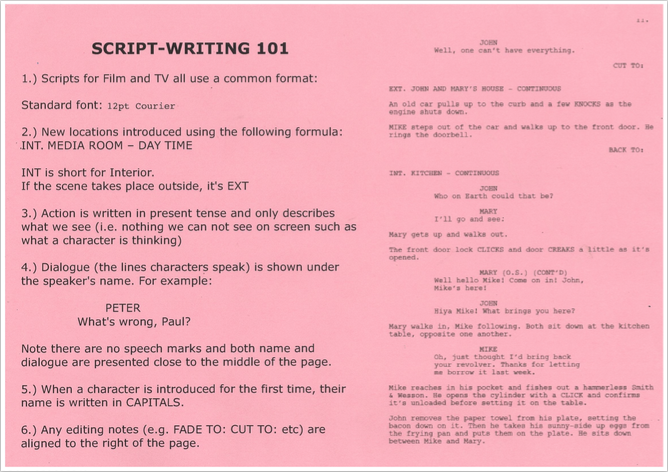(A small excerpt from the first scene: Charlie finds Mothball)
Introducing the characters
Brief character description:
Charlie:
20-30 y/o. Charlie is bored with his life, and is very cynical, in order to hide the fact that actually, he does have feelings. Fond of Mothball and Benjamin, Charlie cares deeply for these two as they accept him for who he is. (Being gay, his parents rejected him, and since his mother passed away, Charlie feels guilty that their last interaction was a fight.) He has a maternal-like love for them, as both are very innocent and childlike. Hobbies include reading, painting and writing. Charlie is intelligent, but downplays this as he believes it serves no real purpose in his life. Also a vegetarian and smokes (irony: saving the animals, killing himself.)
Mothball:
15-19 y/o. Mothball is mentally very childlike and innocent, but wonderful and a dreamer despite any hardships she has been through. Incredibly trusting, Mothball sees the best in every situation, which leads her into trouble from time to time. She also is easily distracted, causing her to get lost frequently, and is fascinated (in an innocent, adoring kind of way) by Charlie. Mothball likes to read, draw, climb trees and watch water drops run down the windows (despite being afraid of the rain.) Her parents are rarely mentioned, as it seems they abandoned her as a child. Also very flighty.
Benjamin:
10-14 y/o. Younger brother of Charlie. Born and raised in a different generation to his parents, Benjamin is far more open-minded and accepting, hence the reason why he is unchanged when Charlie comes out as gay. He is very bright for his age, perceptive, and enjoys banter with Charlie. Has a slight internal conflict due to his emotional immaturity (due to age) where he can't fully understand why Charlie and his parents didn’t get along, and suffers the repercussions from being caught in the middle of this. Benjamin enjoys studying insects, watching Animal Planet/National Geographic and eating Mothball’s pancakes (Charlie isn’t a very good cook.) Benjamin’s favourite book is The Juniper Game.



